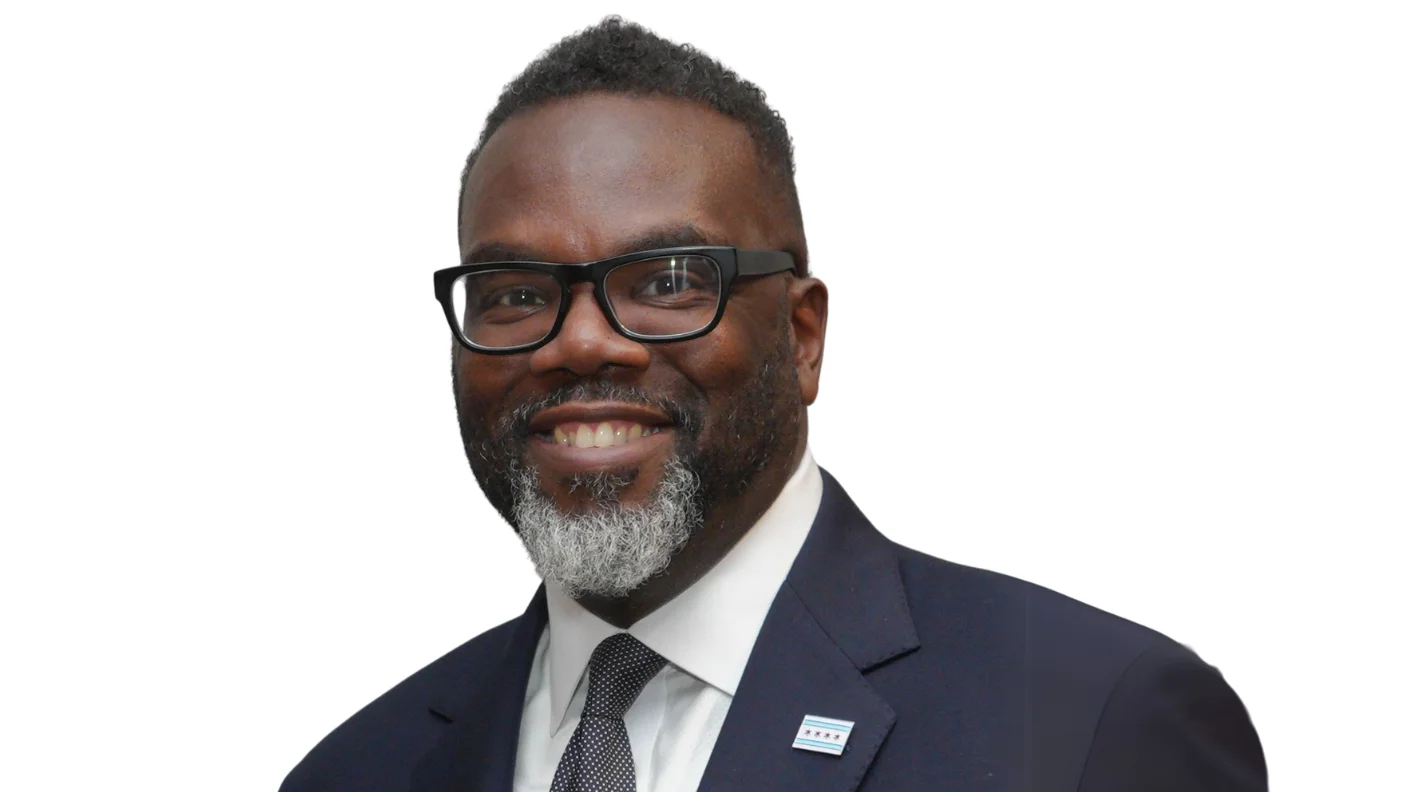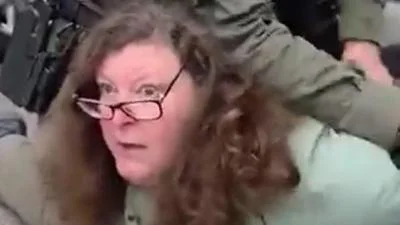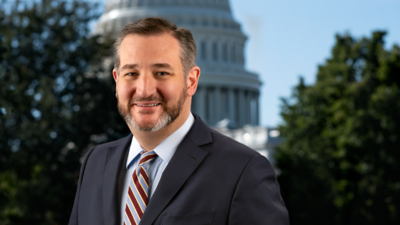Brandon Johnson Mayor | Chicago Contrarian
Brandon Johnson Mayor | Chicago Contrarian
Chicago’s political landscape is often described as being controlled by a single Democratic machine. However, local observers point out that the reality is more complex, with two main power centers shaping politics in the city and surrounding Cook County.
One of these power centers is the Cook County Regular Democratic Organization, led by Toni Preckwinkle, who also serves as president of the Cook County Board of Commissioners. The other is the Chicago Teachers Union (CTU), headed by Stacy Davis Gates.
Paul Vallas, a contributor to Chicago Contrarian, has been vocal in his criticism of Preckwinkle’s tenure. He recently commented: “As Cook County Board President Toni Preckwinkle rolls out her $10 billion 2026 election-year budget trumpeting her ‘fiscal management,’ voters are best reminded that the budget has more than tripled during her tenure and public safety’s share has plummeted from 41 percent to 18 percent. Most disappointing is the absence of any meaningful property tax reform during her tenure, as property taxes have jumped 78 percent since 2008 — more than 10-times the 7 percent increase in home values. In South Suburban communities, property taxes soared a whopping 20 percent this year. Among her wasteful spending is $265 million frittered away through the hire of politically connected Tyler Technologies to fix the broken property tax system. The result of this debacle is delayed property tax bills and disbursements to taxing districts, forcing them to borrow to cover payments.”
Preckwinkle’s political influence came into greater focus after she supported a controversial soda tax in 2017, which faced opposition even within her own party. Her support for other candidates has also shaped local politics; for example, she backed Brandon Johnson for Cook County Commissioner—a position he later used as a stepping stone to become mayor of Chicago.
Amy Jacobson, speaking on an episode of the Chicago Contrarian podcast, explained: “Brandon Johnson won, but that’s how we got Brandon Johnson. He became a Cook County Commissioner; and then became the mayor. So, she’s Tony Preckwinkle again — and is pulling all the strings.”
Preckwinkle also played a role in advancing Kim Foxx’s career. Foxx served two terms as State's Attorney after working as Preckwinkle’s chief of staff. According to critics, Foxx’s policies contributed to public safety concerns. She chose not to seek a third term in 2024, and her successor race saw Eileen O’Neill Burke narrowly defeat Clayton Harris III—a candidate supported by both Preckwinkle and the CTU.
The CTU faces its own criticism over educational outcomes in Chicago Public Schools (CPS). Recent data show that less than one-third of third-through-eighth grade students read at grade level and fewer than 18 percent meet grade-level expectations in mathematics. Despite significant campaign spending last year for Board of Education seats, only four CTU-backed candidates were elected; Johnson appointees hold most remaining seats.
Brendan Reilly, alderman for Chicago’s 42nd Ward, has emerged as a challenger to Preckwinkle ahead of next year’s Democratic primary for Cook County Board president. On the Fran Spielman Show podcast he said: “The far left that has been ushered into office under Toni Preckwinkle’s leadership has been conducting lots of social experiments that … are very expensive. They’re hard for us to afford, and we’re not even sure if there’s any kind of return on investment.”
Observers note that removing Preckwinkle from office could also lead to her resignation as party leader due to diminished control over government positions—a scenario reminiscent of Michael Madigan’s departure after losing his role as state House speaker.
With every seat on the Chicago Board of Education up for election next November, critics urge voters to research candidates and consider alternatives to those endorsed or funded by the CTU.
As local politics continues to evolve, some suggest that tensions between these two dominant groups may eventually lead them into conflict with each other.





 Alerts Sign-up
Alerts Sign-up